“But Jesus was not a victim. He was a conqueror…Jesus conquered death. He wasn’t victimized. He chose to give his life….If he was a victim, and this theology was true, then Jesus would’ve come back from the dead and made the Jews pay for what they did. That’s an abomination.”—Fox television host Glenn Beck, July 13, 2010
————————
When I started this blog, I resolved to avoid writing about Glenn Beck for as long as possible. I don’t watch him or listen to his radio show, and what I do know of his politics doesn’t exactly inspire me to do either. Nevertheless, after receiving more than a dozen requests by Jews and Mormons to clarify Mr. Beck’s recent comments about Jews and deicide, I feel the need to clarify Mormon beliefs concerning this sensitive issue.
On a personal note, I have always found the claim that the Romans bore sole responsibility for the Crucifixion to be rather disingenuous. I understand why Jewish leaders make this claim, but the New Testament does not support it. Although the Romans carried out the execution of Jesus, Christian scriptures clearly indicate that the Jewish “chief priests,” “scribes,” “elders of the people,” and Sadducee High Priest Caiaphas organized His arrest and trial (Matt. 26:3-5, 47, 57, 59-66; 27:12, 20). If there is blame to assign for Jesus’ trial and execution, then those Jewish officials must receive their fair share. However, many Jews did accept Jesus, including almost all of the apostles and chief followers. Presumably, they played no role in the proceedings and cannot fairly be lumped together with Jesus’ accusers. Ditto for the masses who lined the streets and celebrated Jesus’ triumphal entry into Jerusalem on Palm Sunday.
Unlike many professing Christians, Mormons do not have creeds. The closest creedal document in our scriptural canon is the Thirteen Articles of Faith, akin to Maimonides’ 13 Principles of Judaism. The Second Article of Faith states, “We believe that men will be punished for their own sins…” We aren’t punished for others’ misdeeds, so it is obviously unfair to blame “the Jews” for the actions of a group of scribes and Sadducees. Mr. Beck was in the middle of a broadside against liberation theology when he made the above statement, so I’ll assume that he was so worked up that he simply misspoke. Although I don’t know him, I’m willing to bet that he did not mean to imply that all Jews living at the time of the Crucifixion were guilty of killing the Christian Savior. I’ve heard many sermons and Sunday School lessons in my 31 years in the LDS Church, and have yet to hear anyone state that “the Jews killed Jesus.”
Many times in Q&A sessions following interfaith dialogues I am asked about the generational blood oath uttered by the people in Jerusalem (Matt. 27:25) at the trial of Jesus. This verse has probably caused more Jewish blood to be spilled over the centuries than any other. Thankfully, it is not emphasized in the LDS Church. If Matthew is to be believed (he is the only Gospel writer who mentions the statement), the people gathered at the feast in Jerusalem clamored for the release of Barabbas the criminal and pleaded with Roman Prefect Pontius Pilate to crucify Jesus. When Pilate washed his hands of the affair, saying that he was “innocent of the blood of this just person [Jesus]” (Matt. 27:24), the crowd declared: “His blood be on us, and on our children.” Pilate then ordered the Roman soldiers to scourge and crucify Jesus. For many centuries anti-Semitic Christians used this scripture to justify exacting cruel “revenge” on innocent Jews living in Europe.
My response? Mormons don’t believe in a God who listens to lynch mobs. This was not the Sanhedrin speaking: there is no indication that the crowd had any authority to represent the Jewish people and their offspring, and it is nonsensical to believe that God would somehow feel obligated to persecute generations of Jews because a group of murderous Jerusalemites had once requested that their descendants be held accountable for the spilling of Jesus’ blood.
It must be mentioned here that the Book of Mormon does have a few harsh things to say about the “priestcrafts,” “iniquities” and “abominations” of the Jews, which caused God to punish them and led them to “stiffen their necks” against Jesus. Moreover, the book includes this ringing indictment: “there is none other nation on earth that would crucify their God. For should the mighty miracles be wrought among other nations they would repent, and know that he be their God.” When these verses are considered in the context of a book that recounts how descendants of Israelites came to the Americas, kept the Law of Moses, built temples, and looked forward to the coming of a Messiah, it is clear that they are not anti-Semitic in nature. Rather, they were written in the same spirit as the lamentations of the Talmudic rabbis who blamed murder, idolatry, and sexual sins for the destruction of the First Temple and sinat chinam (baseless hatred) for the demise of the second one. As for condemning the conduct of ancient Israelites, the Book of Mormon can’t hold a candle to Jeremiah.
I will deal with the Jews’ rejection of Jesus when I address theodicy, persecution and anti-Semitism in a later post. For now, it is sufficient to note that there is nothing in Mormon teaching that supports blaming all Jews, past or present, for the murder of Jesus.
Shabbat shalom.






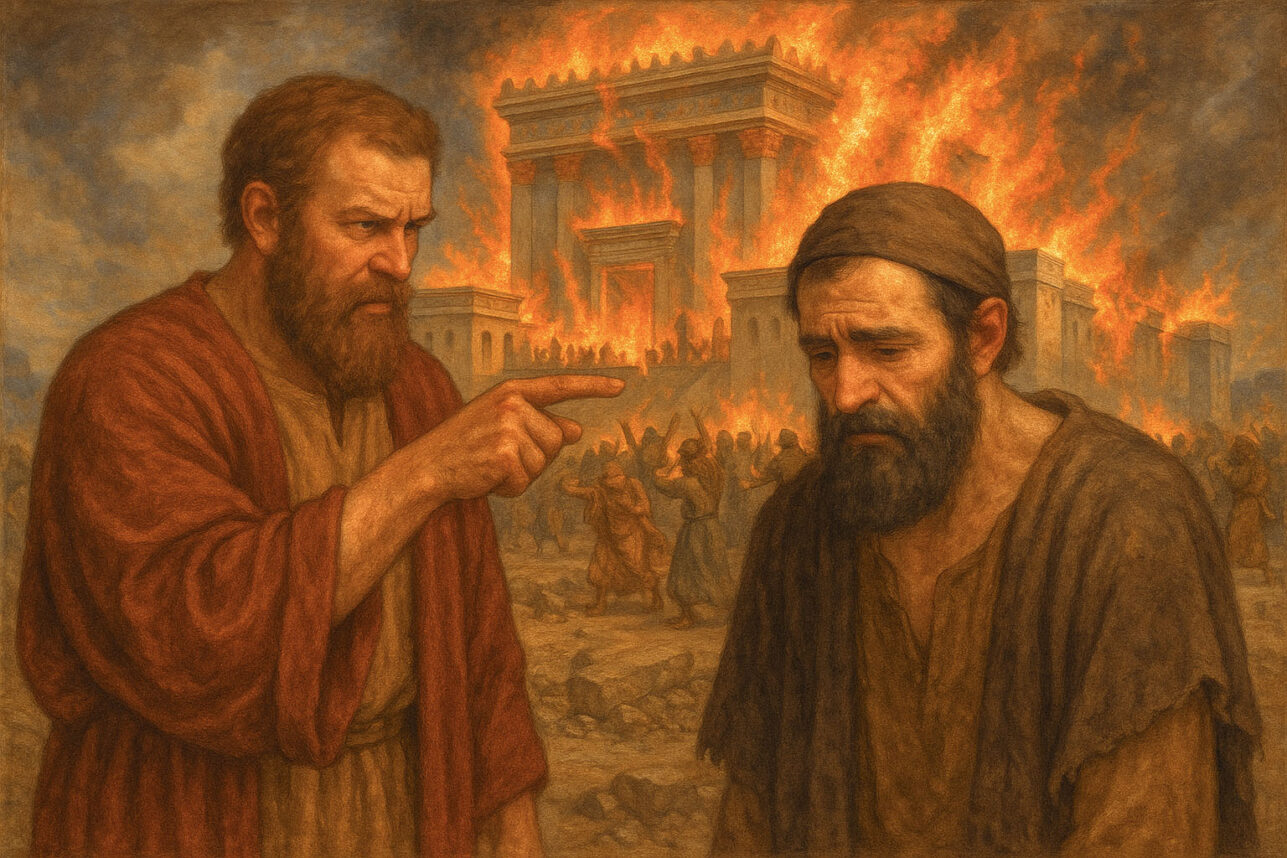
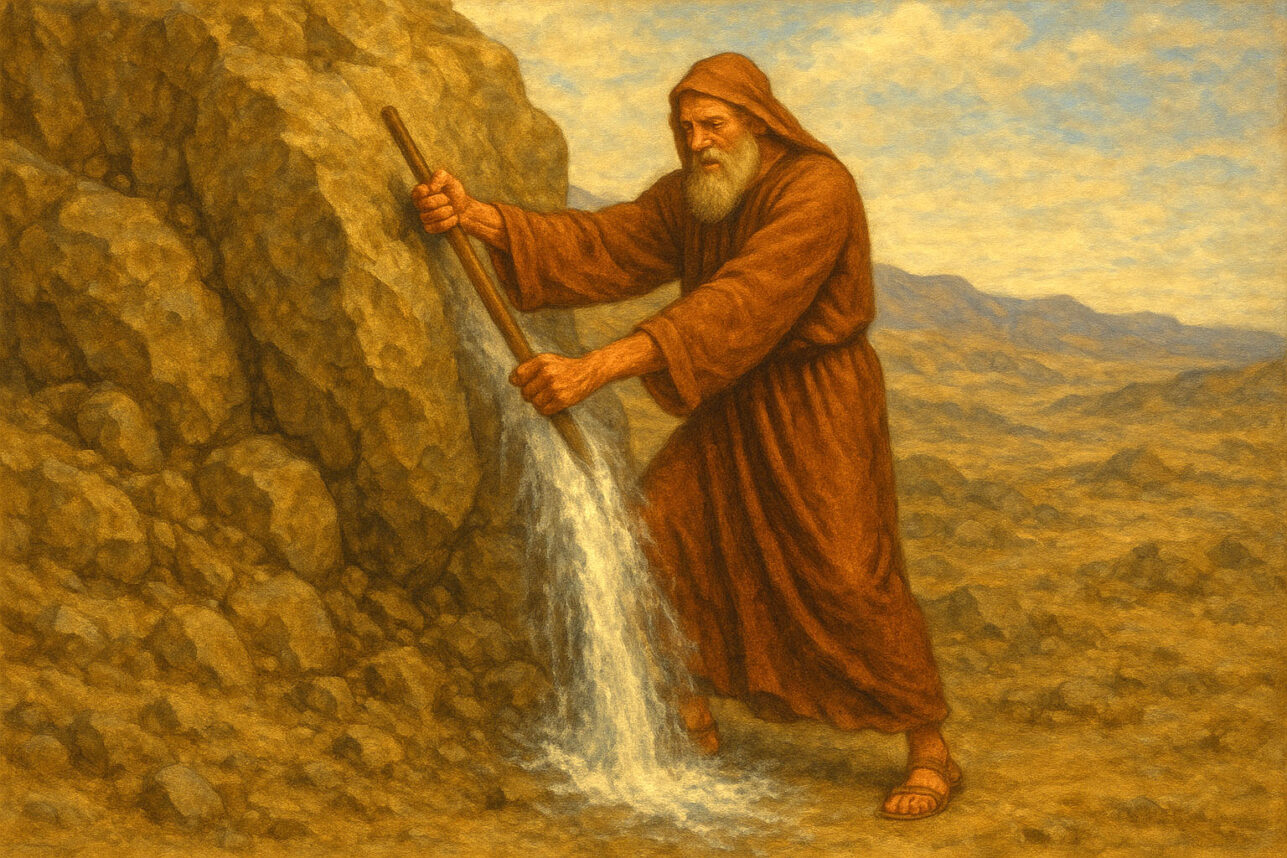
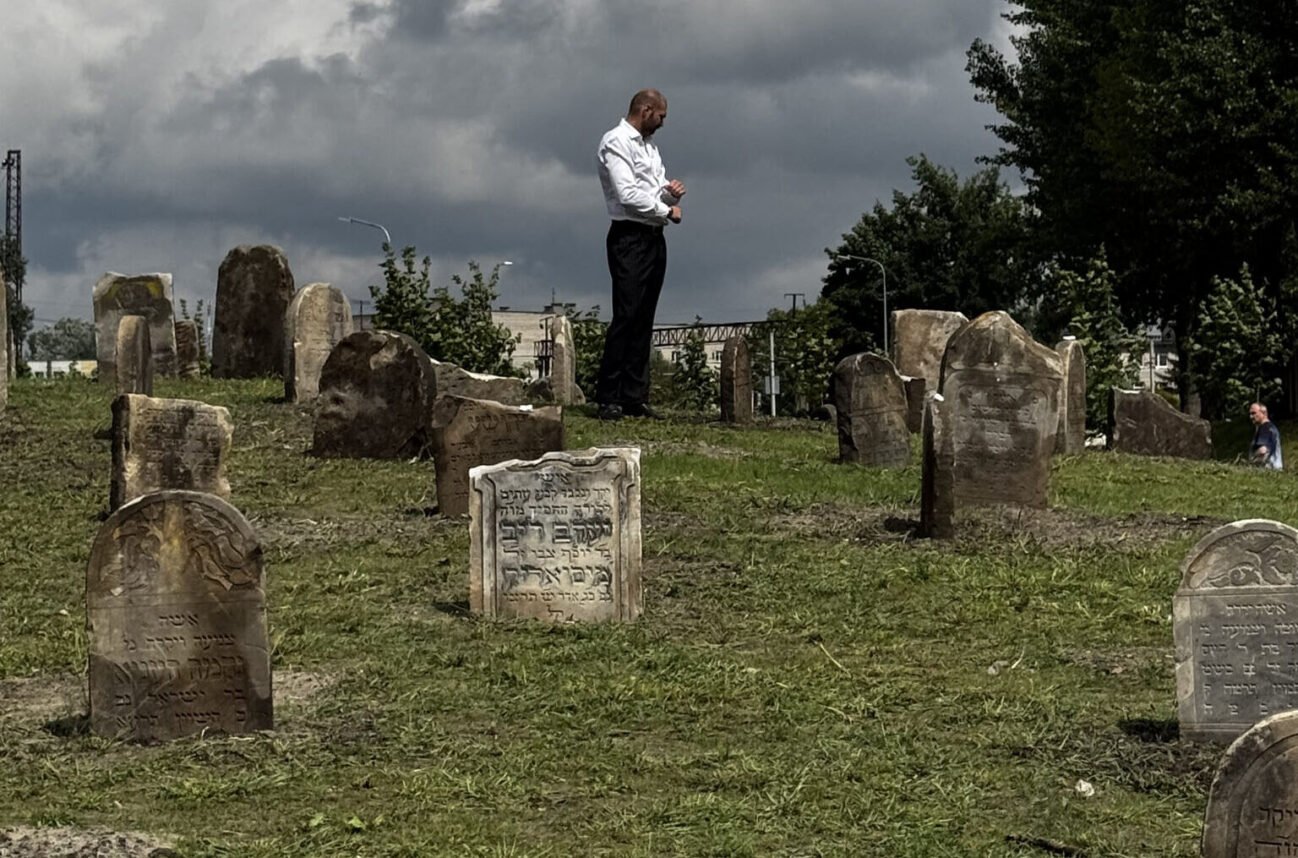







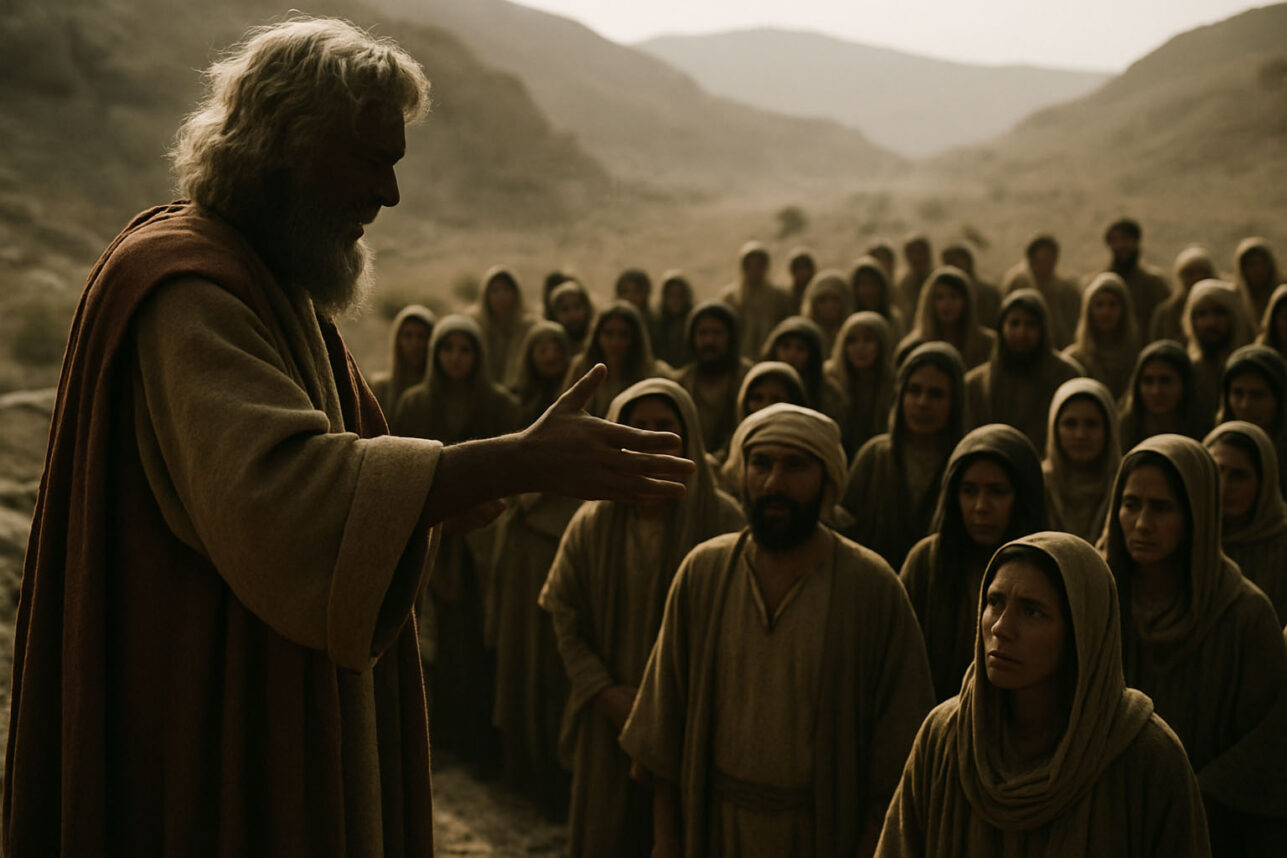














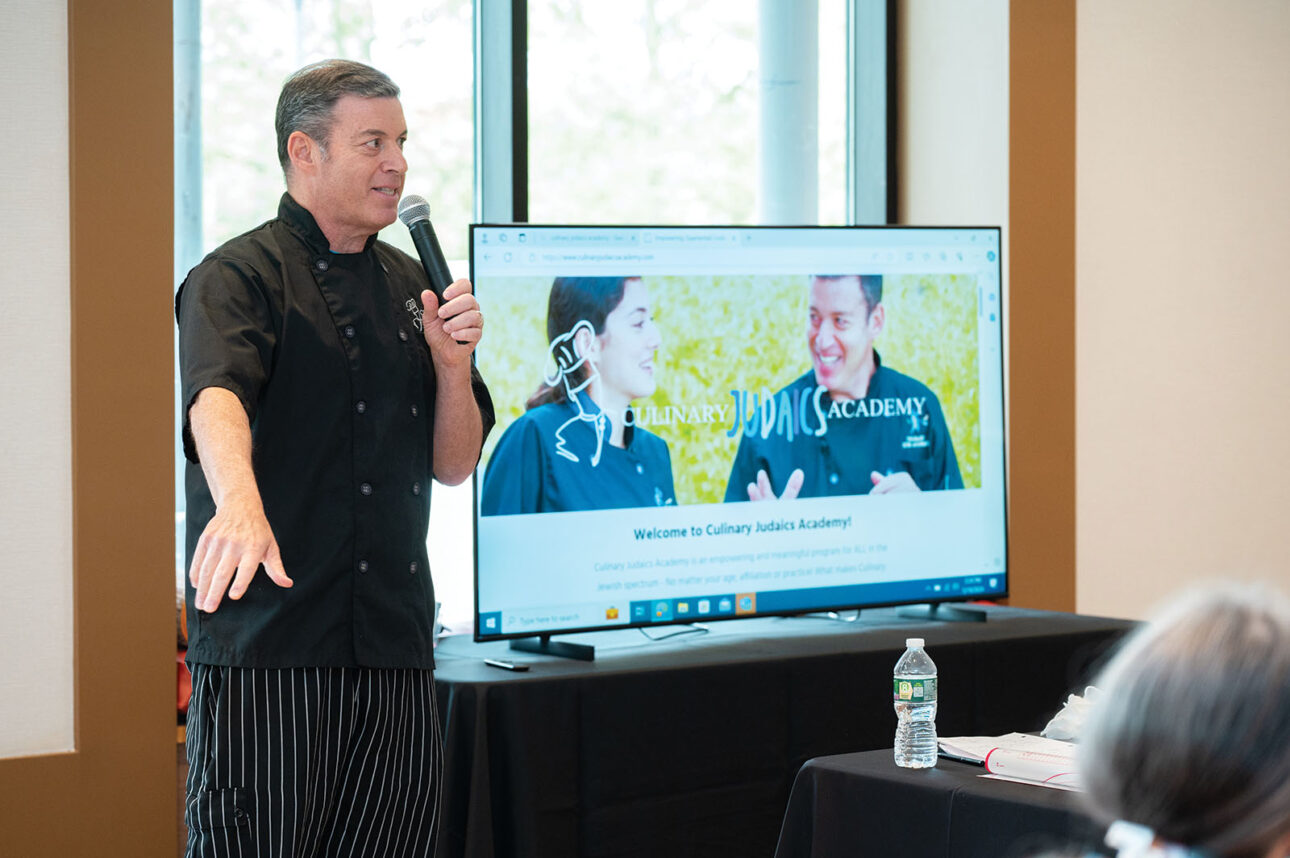

 More news and opinions than at a Shabbat dinner, right in your inbox.
More news and opinions than at a Shabbat dinner, right in your inbox.